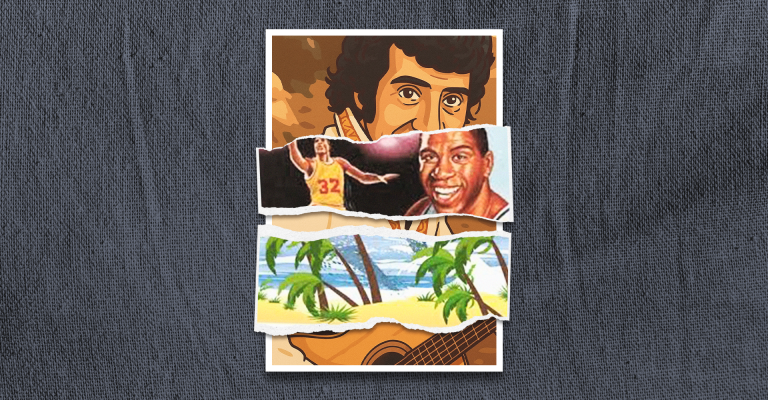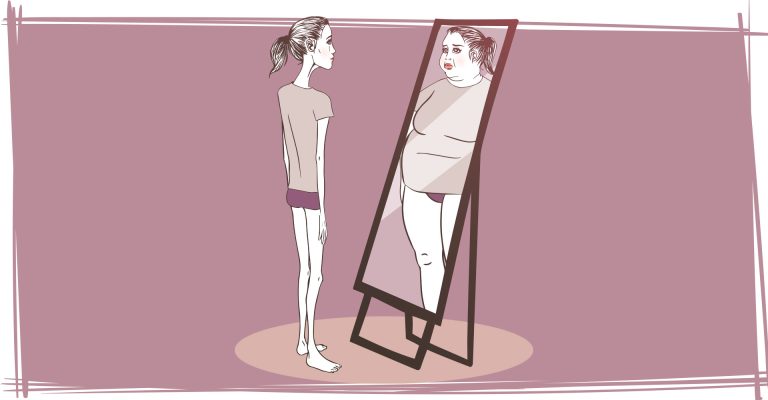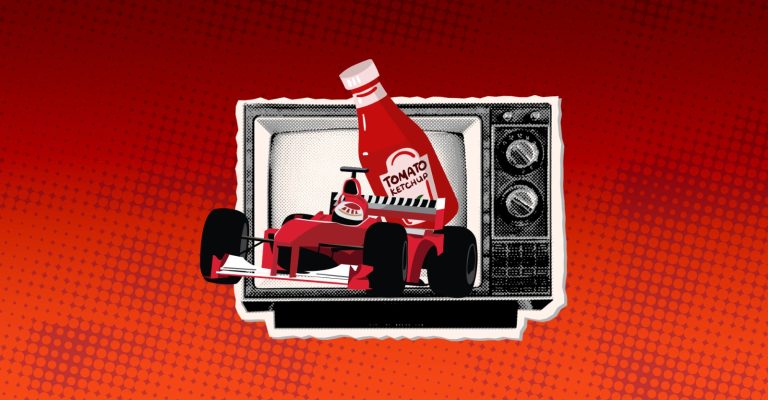Like most of us who were young women in the early 1970’s, I was swept up in the fervor, passion and perhaps euphoria of the Women’s Movement and the “Free Love Generation,” while also admittedly swept up in my own sexual compulsivity. Like most survivors of neglect and trauma, I was on a never-ending quest to regulate my ever amped up nervous system. And those were potent sexual times. In the US we got Roe v. Wade in 1973 legalizing abortion, the year I started college we got “the pill,” and it was an arena of idealism and ferment. The US – Vietnam War ended in 1975, the AIDS Epidemic had not yet begun, and I had finally left the parental home.
1973 also brought the blockbuster book Fear of Flying, by Erica Jong. It was on the order of a “basic text” for all of us liberated US women at that time, I don’t know about other countries. For us it was tantamount to “required reading”. Years later my friend and sex therapist colleague, the late Gina Ogden, wrote a book called Women Who Love Sex, which could very well have been its sequel. I can’t say I have thought about it in years, and to be honest, I don’t remember a thing about the book, except the cover, which showed a lascivious image of a semi-unzipped zipper; and the also the catch phrase (what would now be called a meme,) introduced by the book: “the zipless fuck…” I think it meant an unencumbered free-wheeling expression of the female sexual impulse and desire, with no strings. But I am not even sure about that.
Not long ago, I heard the tail end of an interview with Jong’s daughter, Molly Jong-Fast, about her recent memoir. Given my insatiable appetite for memoir, I heard just enough to know, I was interested in reading it. As it turned out, the book was even more interesting than I might have imagined, exquisitely and with wit, (and even well written!) addressing some major neglect issues. It is called How to Lose Your Mother: A Daughter’s Memoir (Viking, 2025). I recommend it!
Narcissism
One category of neglect that I have not explicitly addressed much, is the neglect resulting from a narcissistic mother or primary caregiver. Probably because I tend to resist diagnostic labels, and their loose and often damning over-use. But there is certainly a category of neglect where the problem is a parent so self-concerned as to literally crowd the child out of existence. My father used to say fairly immediately if I met someone new, “Do they know who you “are?” which of course meant did they know I was his daughter. Of course, I concluded that that must be my only identity or existence, an extension of him. I remember reading in Whoopie Goldberg’s memoir, that her daughter dreamed of a world where no one had heard of her illustrious and charismatic mother. My husband described his mother very simply: his only identity growing up was as a “fur coat” for his fashionable self-obsessed mother. Erica Jong, however seemed to make all these others pale by comparison: she was of suddenly and wildly famous, and in a way that garnered every kind of attention. What was particularly confusing to Molly and to many children of these self-absorbed parents, is that they might describe and effusively express how they adore their child, but the hapless child simply cannot feel it, in Molly’s case not at all. And she readily got lost in the parade of her mother’s husbands and boyfriends; and exhibitionistic tendencies. Molly added that probably every friend she ever had, had seen some version of her mother semi-clothed, if not naked. Of course, she stopped bringing anyone home.
Idealization
Similarly, Molly, perhaps in spite of herself, idealized her famous, spunky and even in some ways elegant mother, who was also a prolific and continued to be a popular writer. I could certainly identify with that confusion. My own father who probably hurt me more than anyone else in my life, was also in many ways a hero figure in my psyche. I credit him with all the most prized aspects of my character: strength, determination, relentless drive, intensity, endless curiosity, responsiveness to music, and identification with the “downtrodden.” He raised us with the ready advice: “You should always go to sold out concerts. You’ll get in!” I proceeded to make that my practice, and I mostly have! He became, at least in some ways, a role model, as well as the template for my long and uncanny attraction and often obsession with very smart, narcissistic and somewhat mean men.
However, my father also never felt quite good enough. He suffered in that way too, which I also absorbed. I imagine, it is the underside of the narcissism. Jong had it too. She wanted to be more famous, and ever wealthier, which kept her endlessly striving and thirsting, never satisfied. And Molly, like myself, was never quite sure if she existed, or had any reason or right to exist.
Dementia
Like many of us, certainly in my generation, Molly watched her mother age and observed her cognitive decline. It is painful, frightening and can also be immensely frustrating to watch and go through with any aging person, but particularly a parent, and a parent who was both brilliant, and also wildly inattentive or absent. When my father started to disappear into dementia, I would go and visit him weekly. His wife would get right in his face and loudly call his name, and exclaim “Ruth is here! Ruth is here!” He might not even look up. There was a way that it was hauntingly reminiscent of my childhood experience of feeling invisible, unseen, unheard, non-existent so much of the time. Molly’s experience was similarly annihilating. Again, she questioned her own existence, but by now could feel her anger, as well as her grief. As with many of us survivors of trauma and neglect, the Bermuda Triangle: the irreconcilable confluence, internal shipwreck of anger, grief and guilt that storm and roil around inside. One of the painful legacies of aging parents.
Loss
The core of neglect trauma is loss. The withdrawal, abandonment, unreliability or simple absence of the primary attachment figure, are all variations on that theme. For the infant, that loss is not only experienced as, but in fact is life-threatening. That primary other is in fact survival: the natural source of sustenance, protection, safety and regulation – if we are lucky. Without them we experience a profound and lethal terror, which is why neglect is so utterly devastating and enduring. And why attachment researcher Karlen Lyons-Ruth has named this early neglect trauma as the “primary threat.” It is like the base layer, leaving its scars on the most primitive “survival brain,” the brain stem.
Molly is faced with her mixed feelings of loss, as she watches her mother losing her mind, and navigates her mother’s demise. She pretty simultaneously navigates the possibly impending loss of her beloved husband, who is stricken with pancreatic cancer while only in his forties. All of these are life passages many of us have faced or are facing now. Here in the US, we neglect, shun or simply avoid both aging and the aged, and advance largely unprepared into “elderhood.” I myself have felt blindsided by some of the indignities and perhaps insults of natural aging, after over 50 years of blessedly good health. I hear stories of age discrimination in the workplace, and I know my husband has had a terrible time attempting to find a knowledgeable geriatric doctor, in a progressive and privileged part of the world, known for quality medical resources. Even as our generation grows to a bulging percentage of the population. Molly touches on the issues of aging and loss as well. All the way around, it was a good read. And in many more ways than I expected.
On the subject of loss, you may have noticed I have been struggling with what has at times seemed to be my own elusive sanity as I attempt to keep up with my various commitments, which of course include the regularity of my blogs and videos. My apologies! I am not sure if it is lost capacity to handle more tasks than I used to be able to, lost humility as to what I could humanly complete, or my father’s example of always striving to do more, particularly when faced with so much need in this sorry world. I am making my best effort to move through the back log, with your indulgence. Thanks!
Looking ahead we will have some pretty cool guest speakers on the YouTube Channel. I am excited about that!



